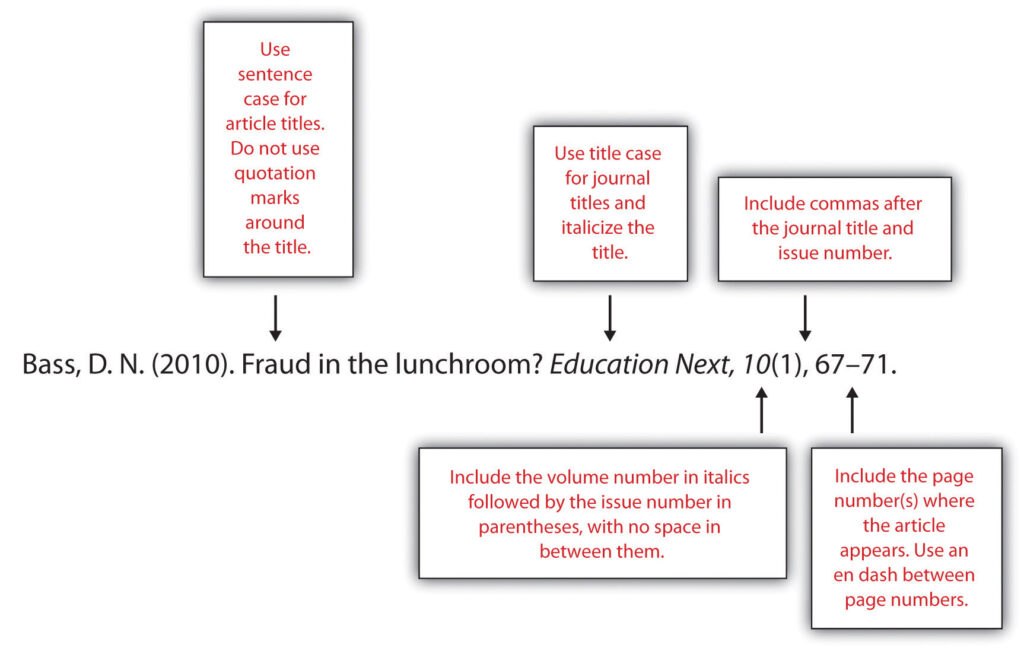Hola!
I wish to share my little story that kicked me to start the MEDXURY Org. for Pharm.D students and professionals and need for our profession in this highly demanding & uncertain healthcare in today’s date !!
Pretty much everything was flowing smooth until I chose PHARM.D program during my 12th grade. Friends – Denied; Staffs – Bullied; Staffs – Insulted; Internet was miserable. Regardless, my parents were so supportive for my clinical pharmacy passion. Even then, I was counselled frequently as like a psychiatric patient for choosing Pharm.D. and their only advice was “MBBS is best valued career for students who took Bio-Math group and you must first give yourself a try on that”. I felt like Who are these to fix my career ? Is that a rule everyone must apply for a med school after schooling ? Or Is that the only valued profession in the world ? I never take those to ears, I fixed my mind even more stronger that I gonna chase this profession at my best no matter how hard the track will be. I joined Pharm.D and my parents are in the situation to leave their business for my educational expenses. Both left and moved back to hometown and results ?? My business lady now a farmer. That may be happie for them to sacrifice their self and farming to settle their lovable daughter…. But that makes me so guilt, am I that selfish to leave them as such for rest of their life? Also I can’t leave my studies in middle. I was at my third year on that time with pandemic. I gone through several videos and career options, literally nothing inspires me more than Clinical Pharmacist !! Thinking about self development in clinical part creates so many loops, I felt really hard to frame exactly what to learn to fulfil the clinical needs. I started learning from foundations and thought how many students right now will be utilizing this same time to learn effectively ?? So, created a group and it grown gradually at its phase.
There comes a spark, If I become a Clinical Pharmacist, I will be working round the clock for few patients which satisfies my dream… But my knowledge will be hidden under one roof. I want all the patients to receive better clinical outcomes and must seek a way to educate all of my fellow students. Many students are really talented and just lacks some clinical skills and ways to apply theoretical knowledge.
Hence, MEDXURY was planted to be a supportive element for all starving Pharm.D students and professionals to rejoice their career.
To my lovely mom and dad,
“I took all those bullies as a Diamond, Hooked on the curves of successes, wearing my own crown today!”
With Love,
Your’s D 💙















